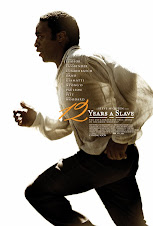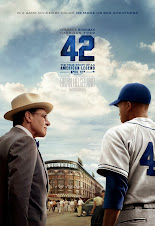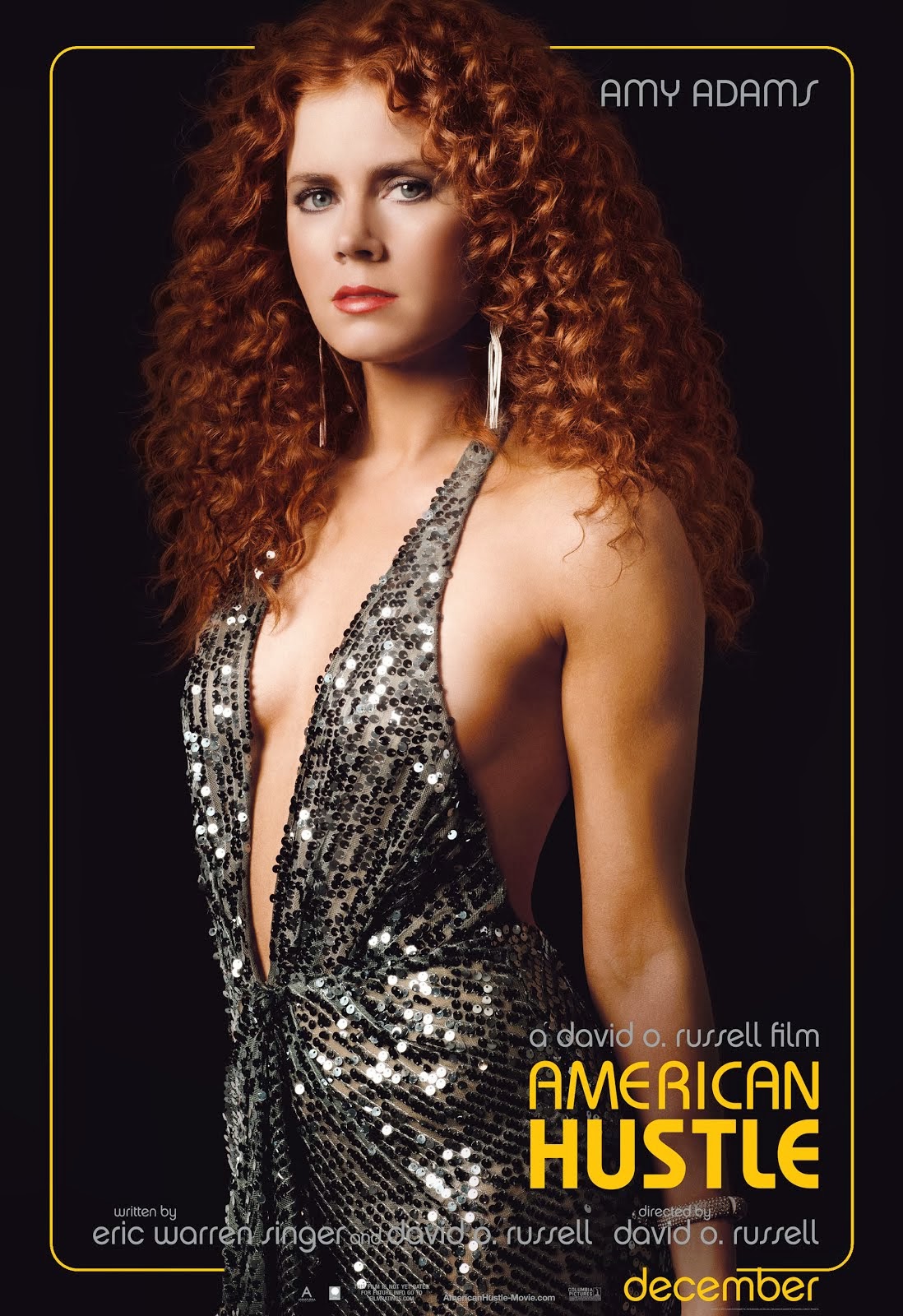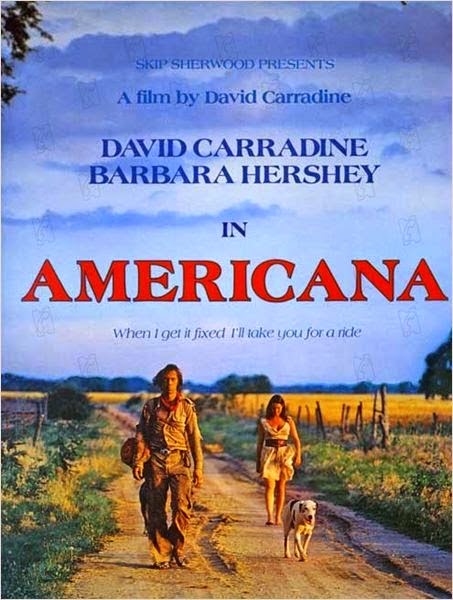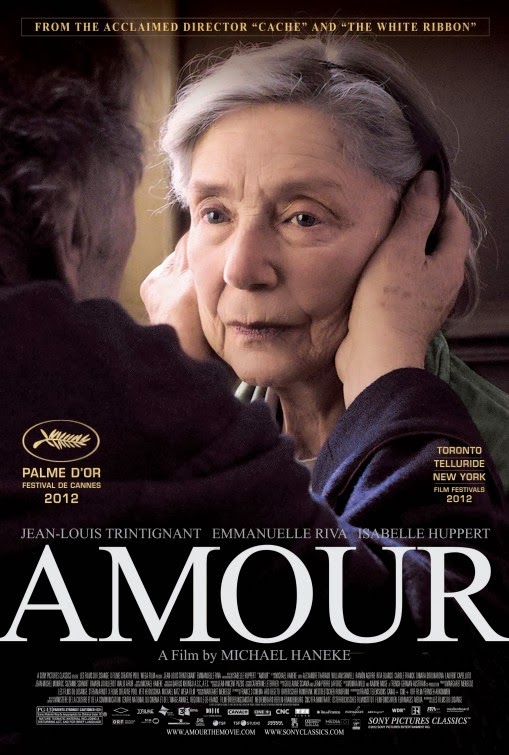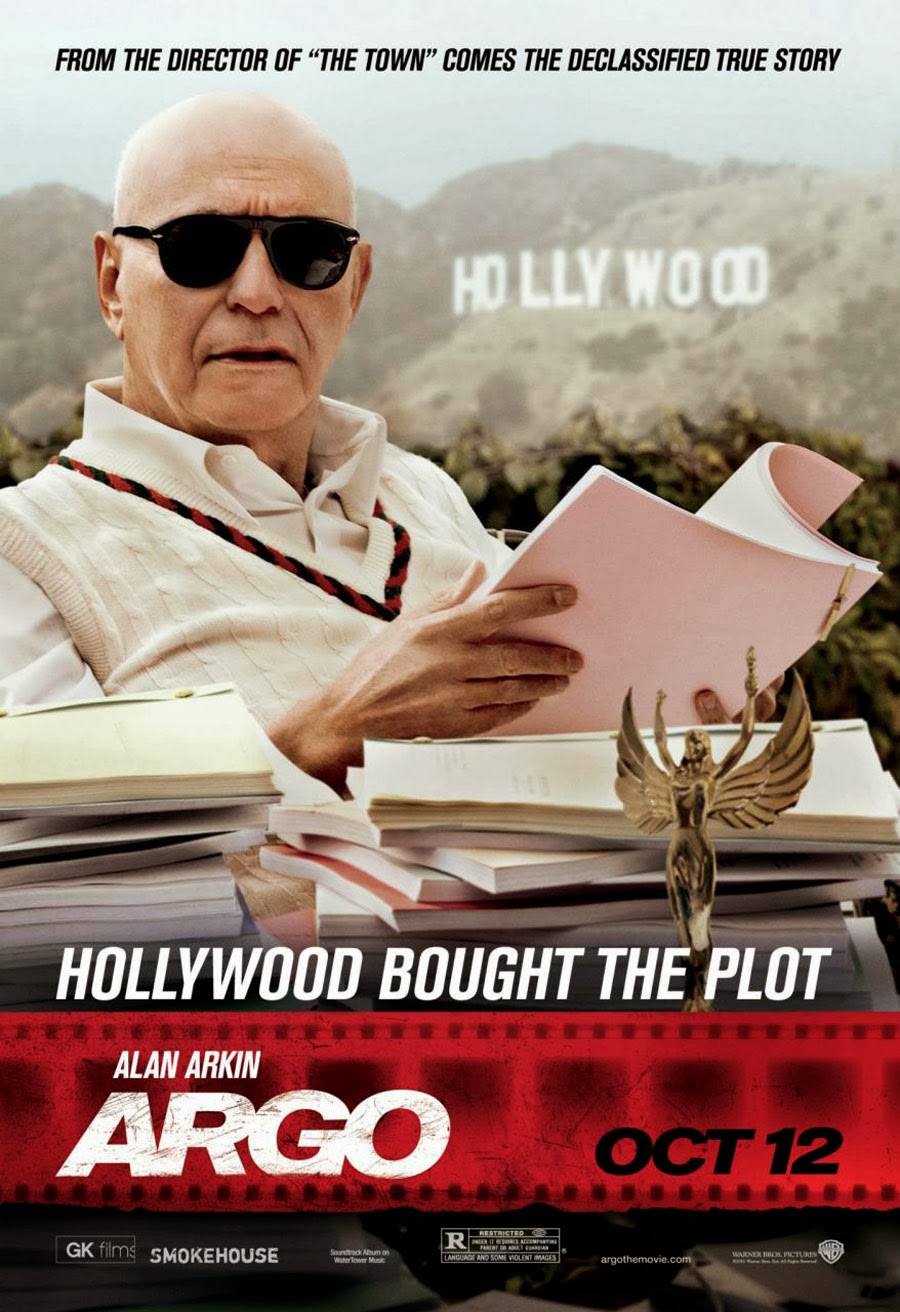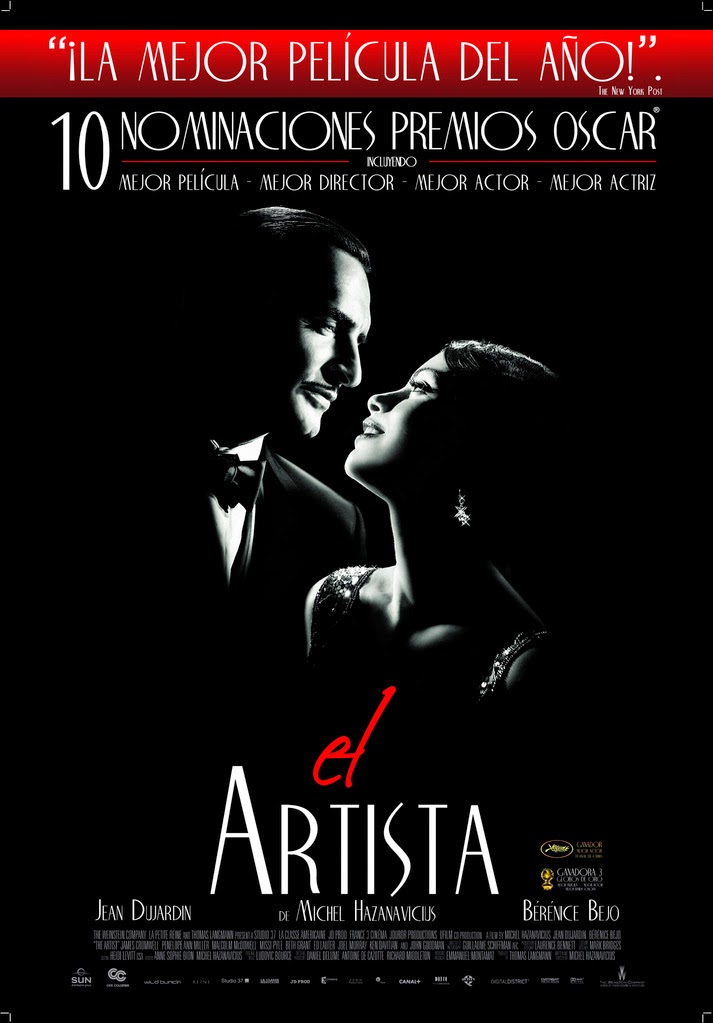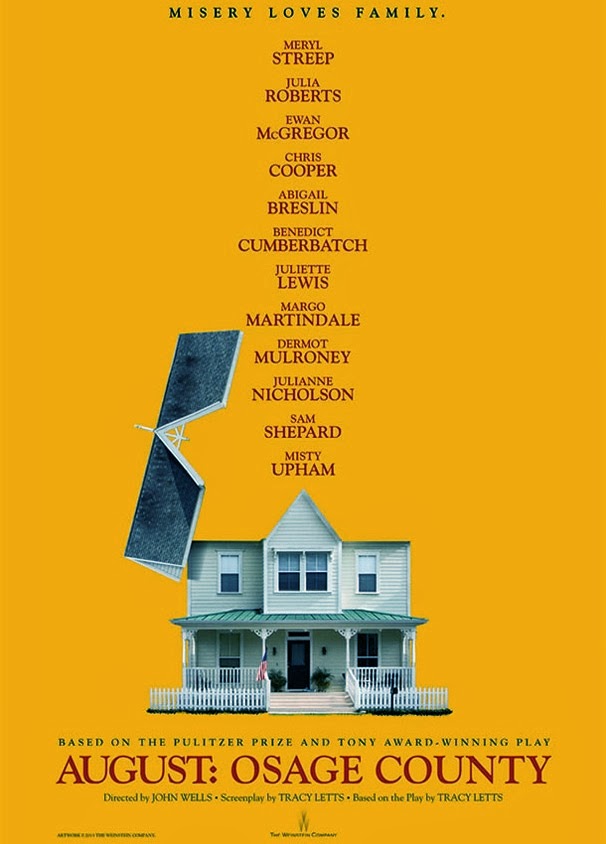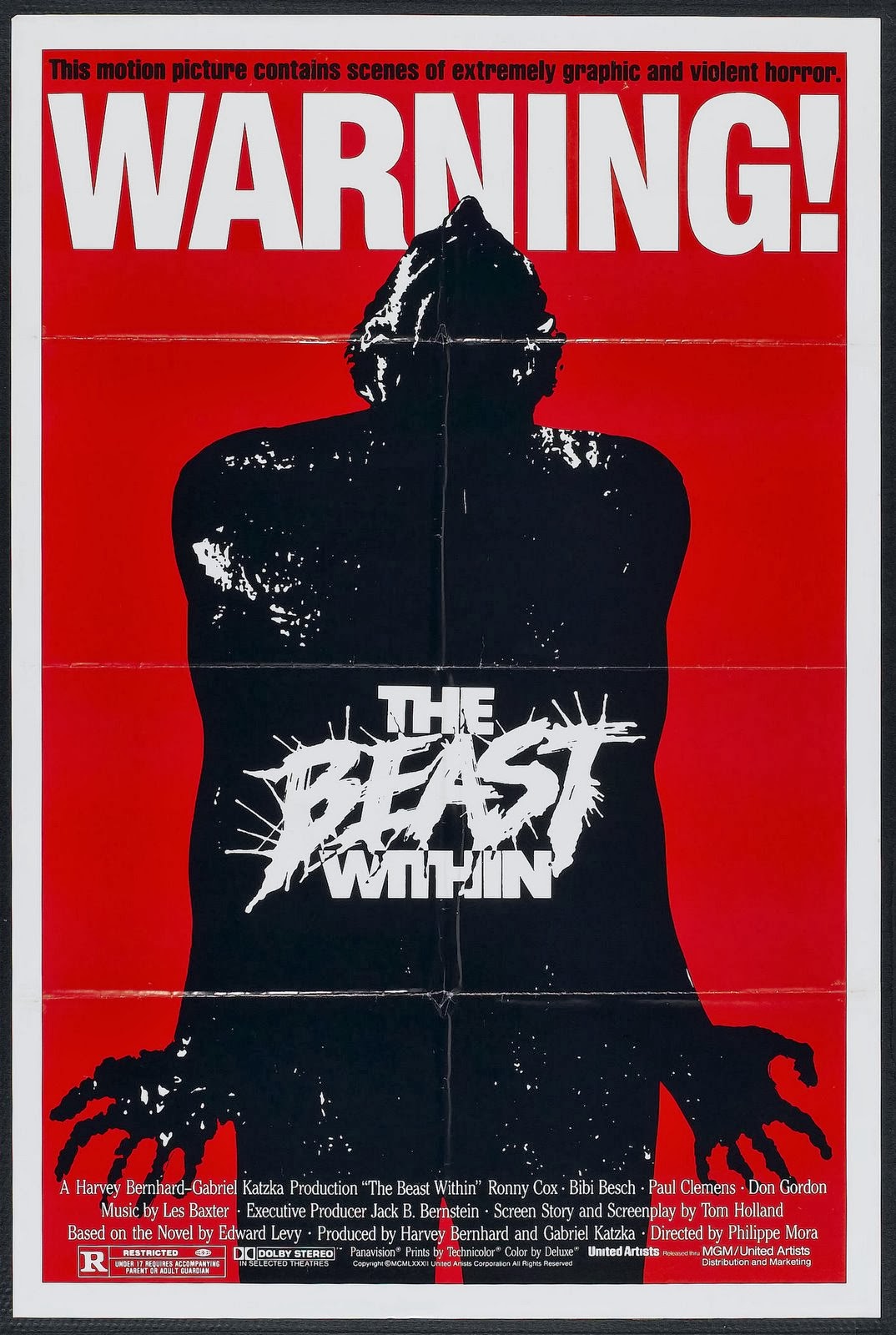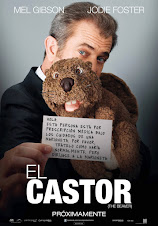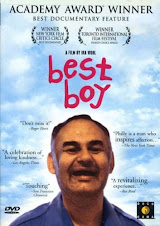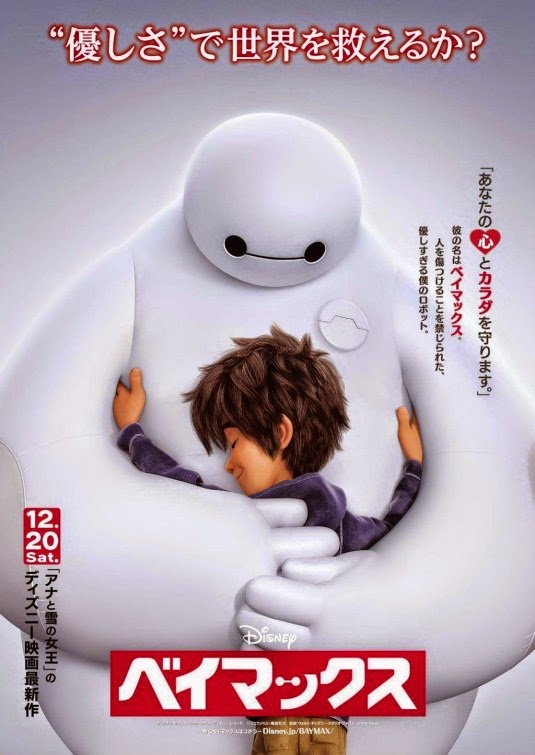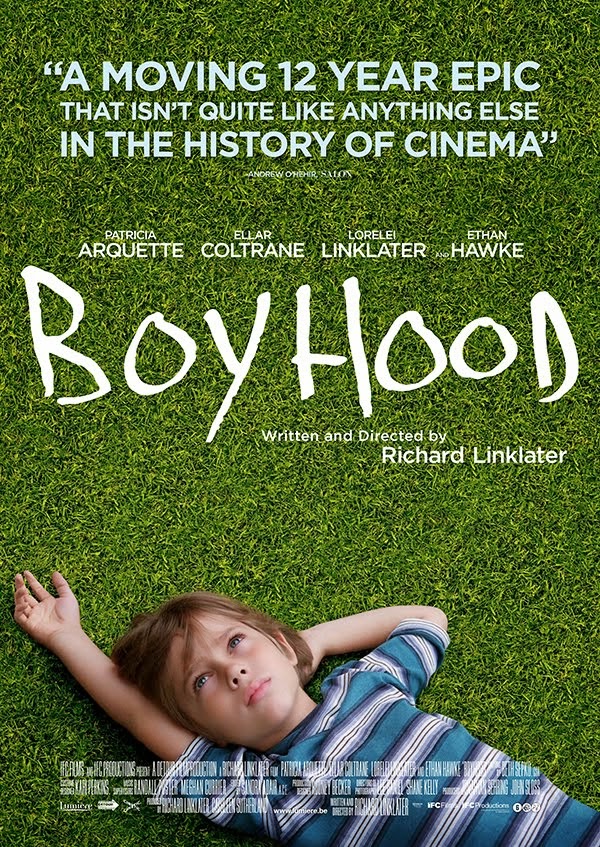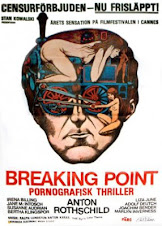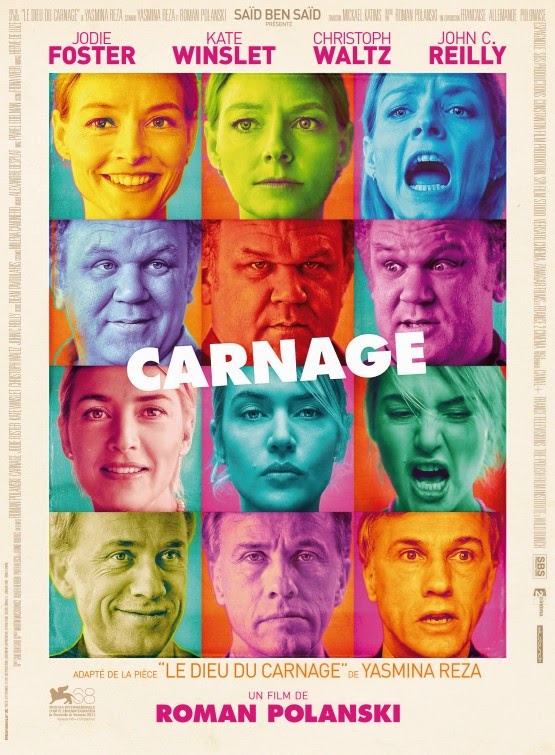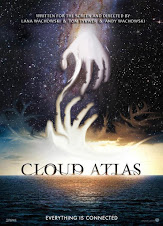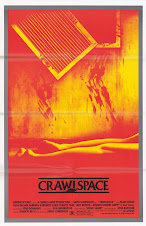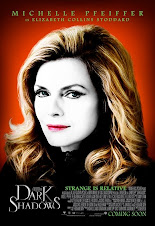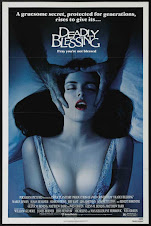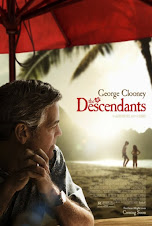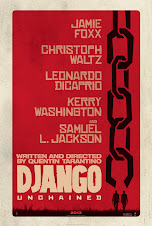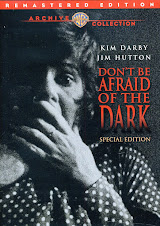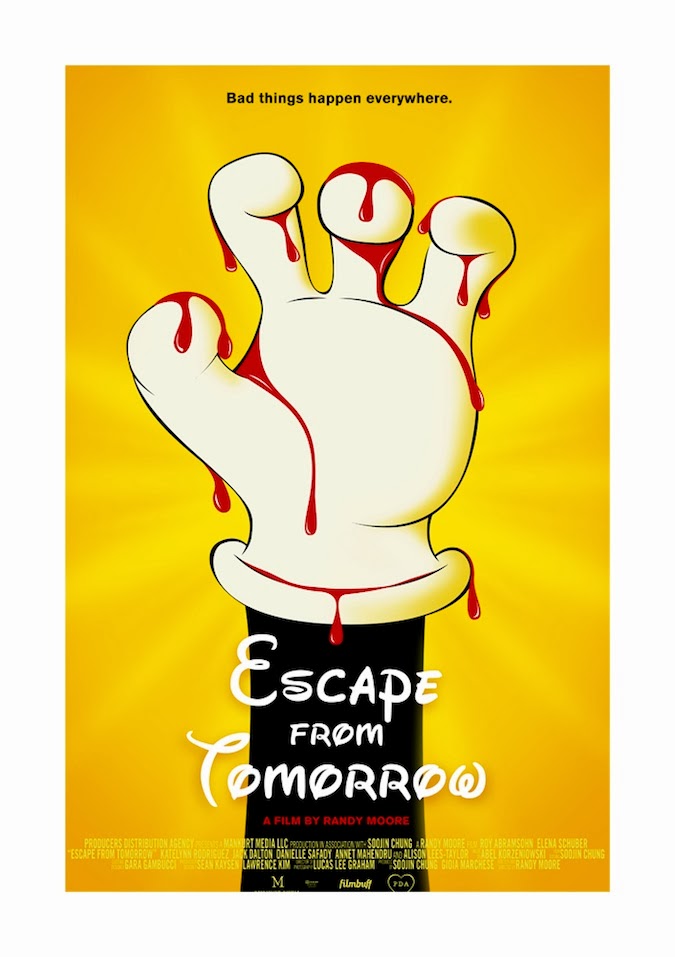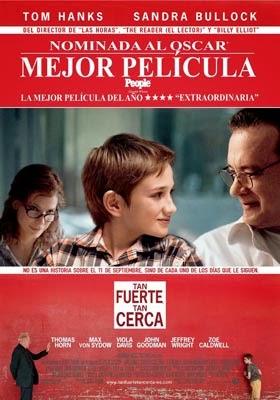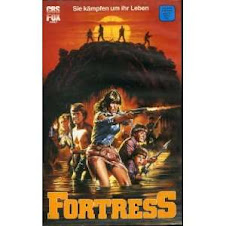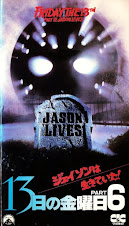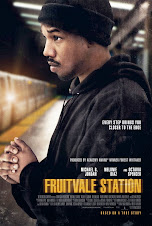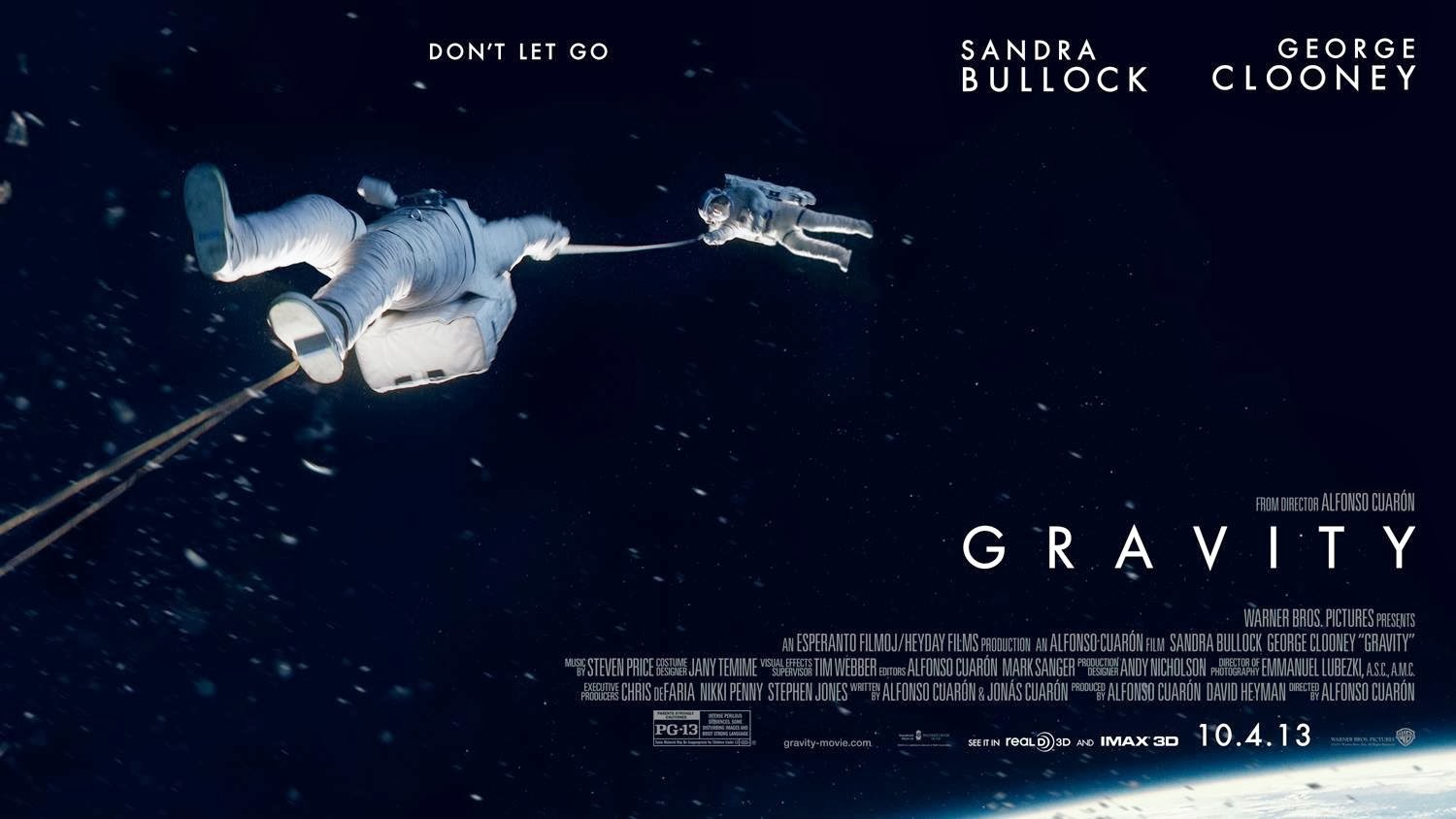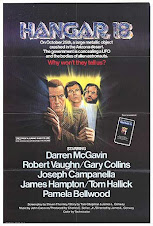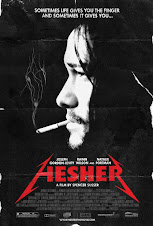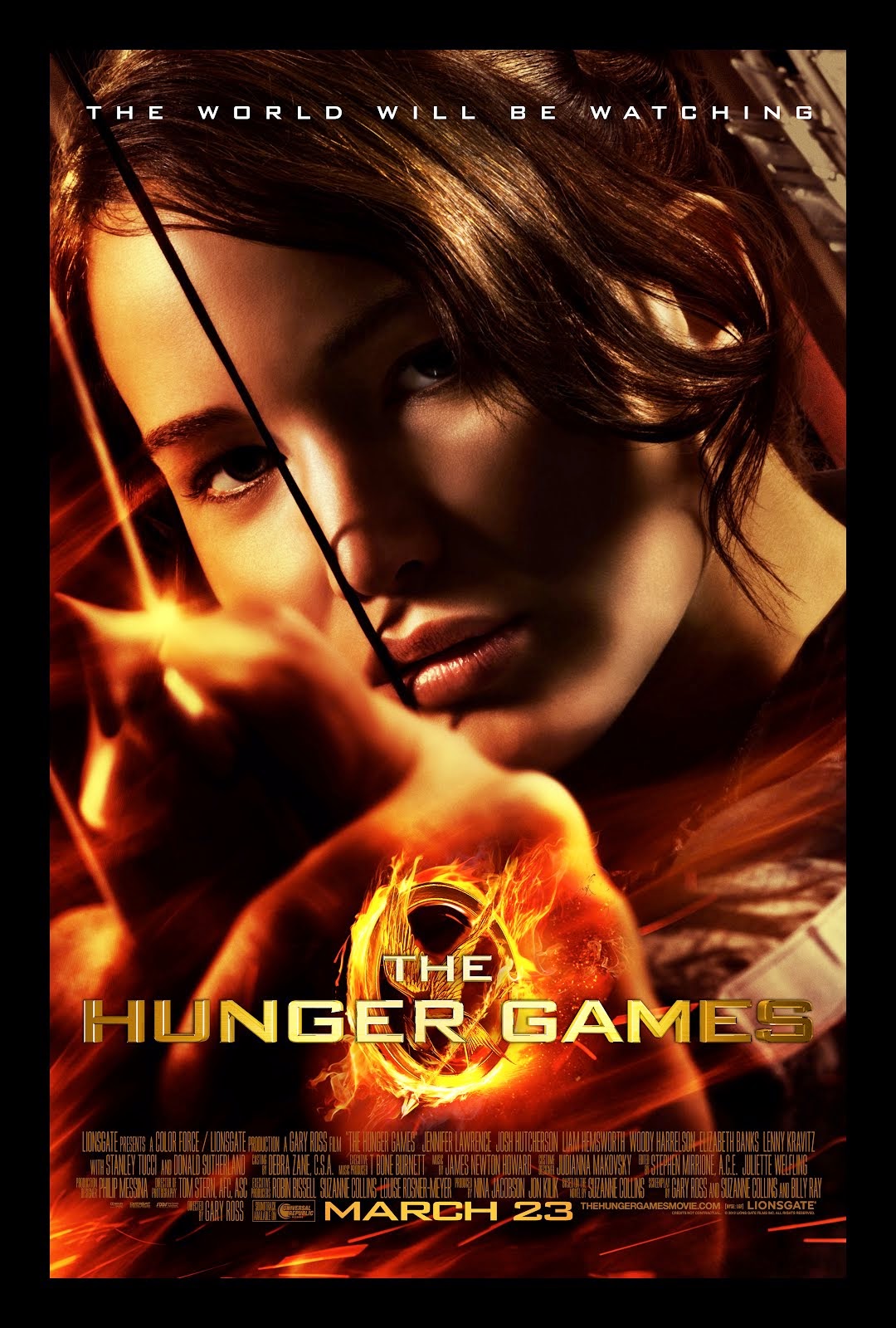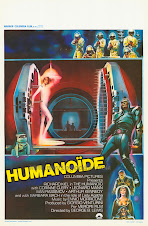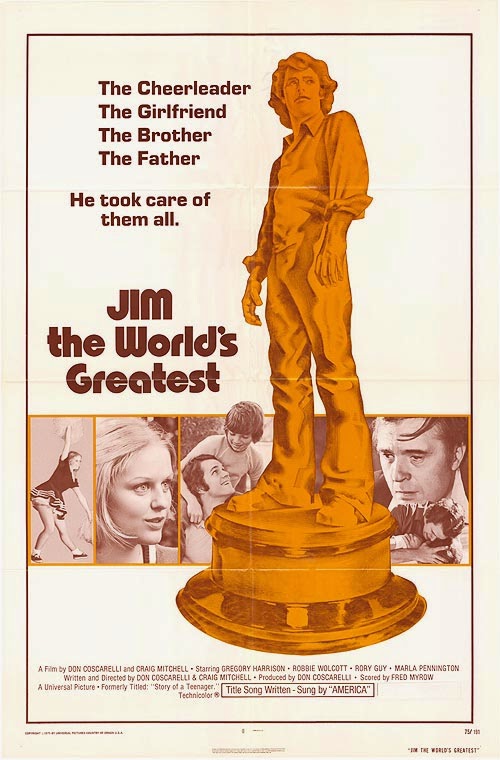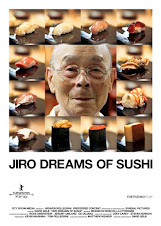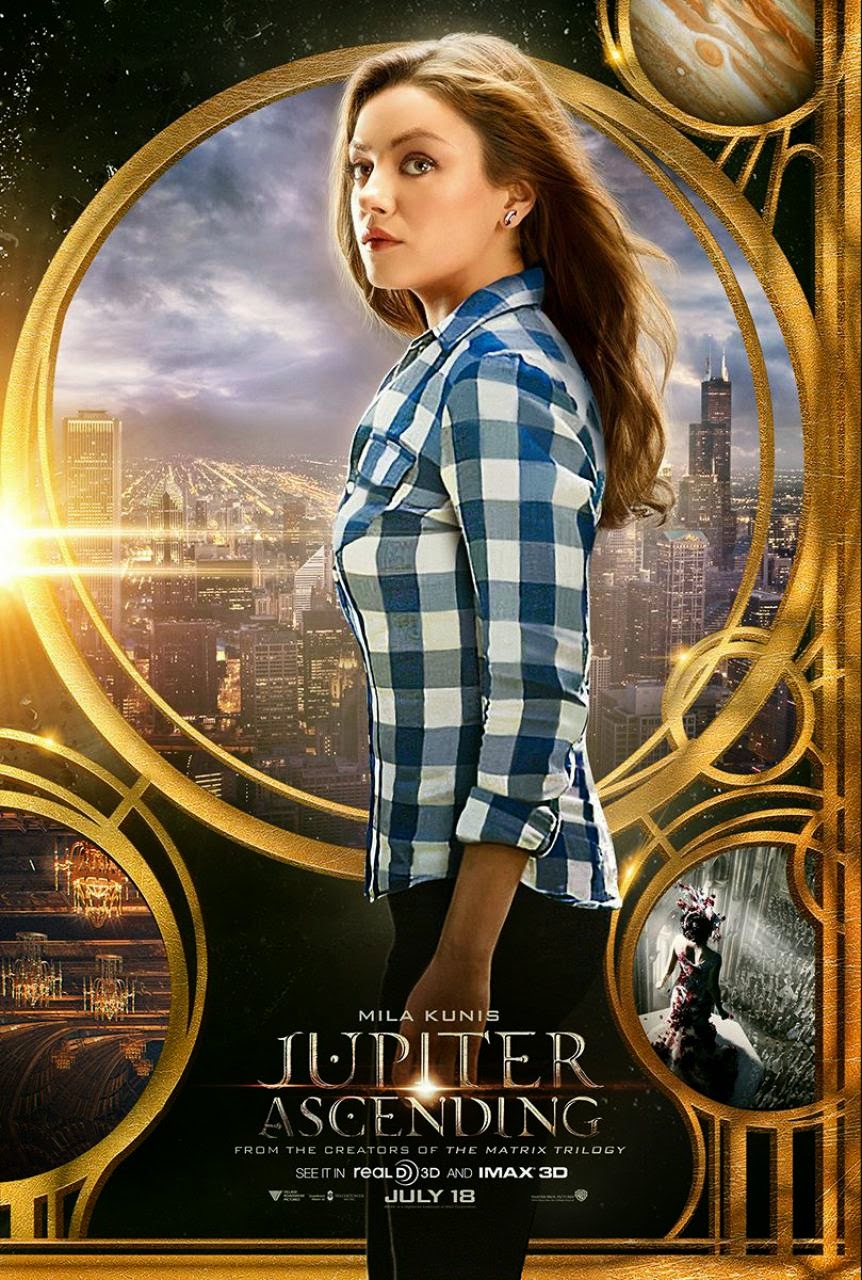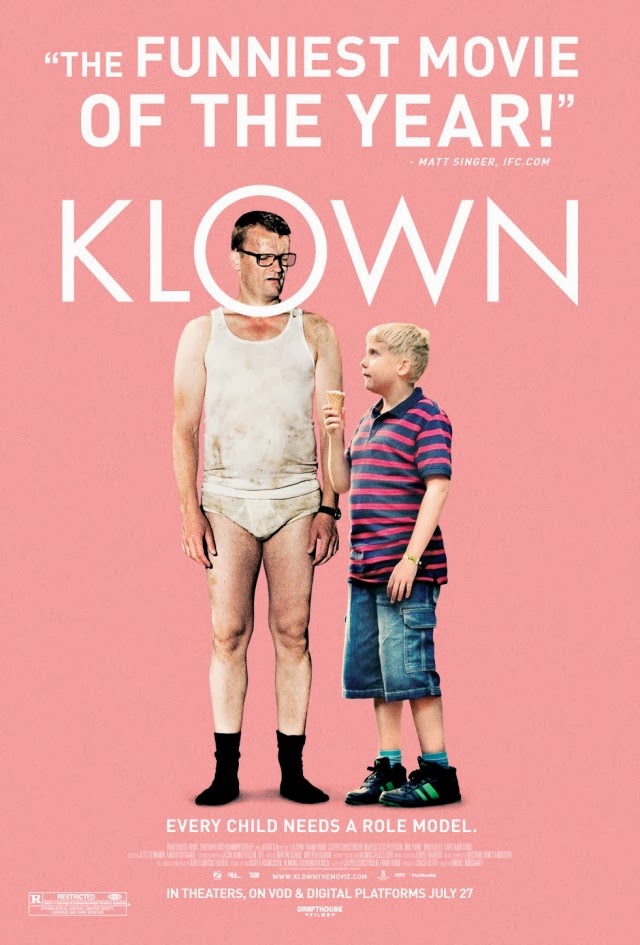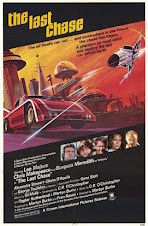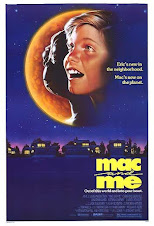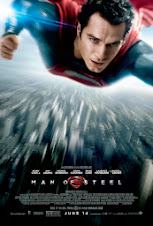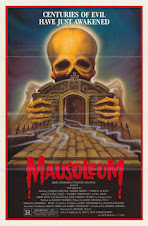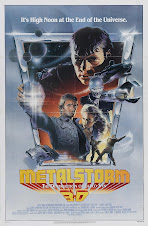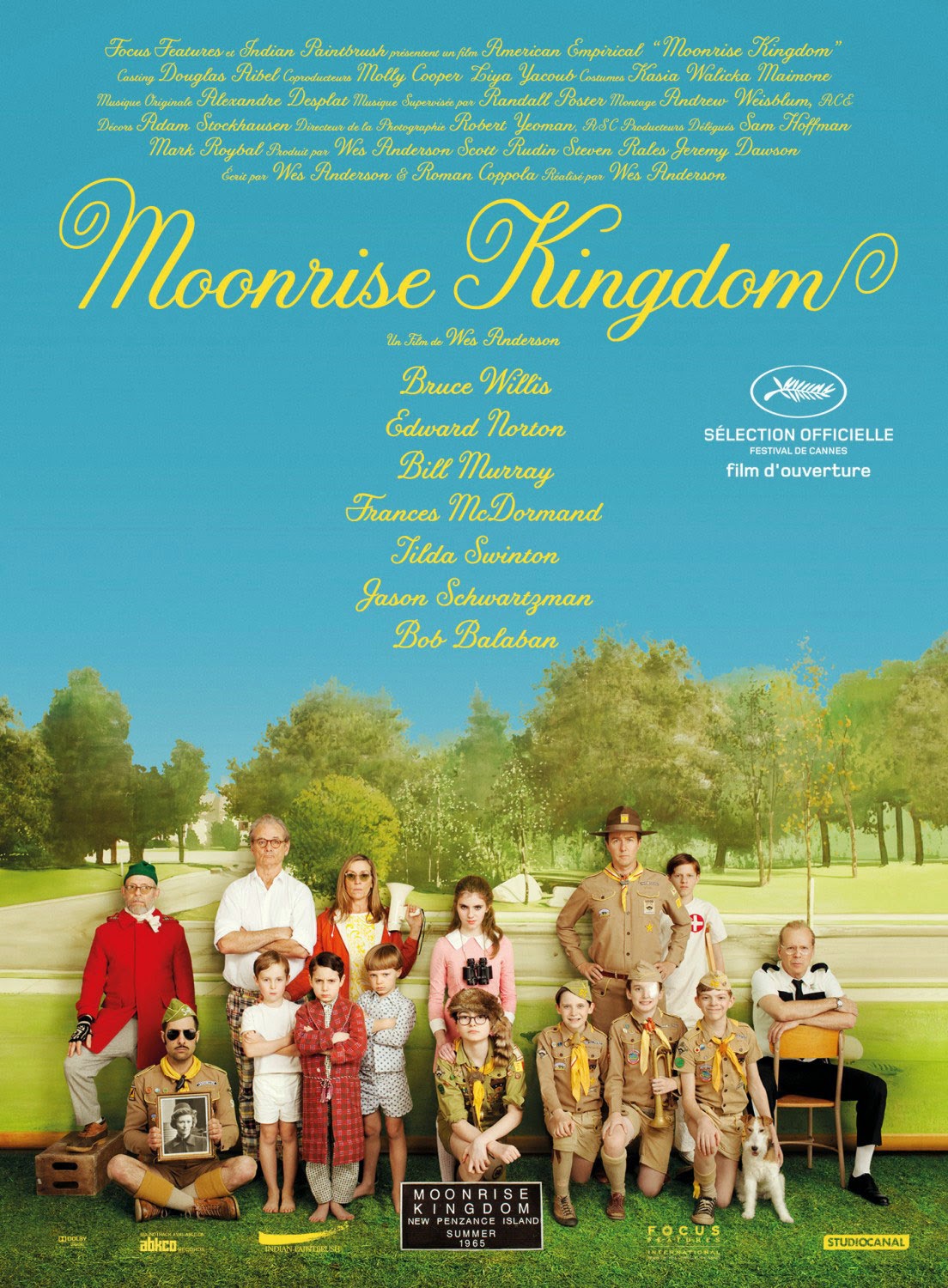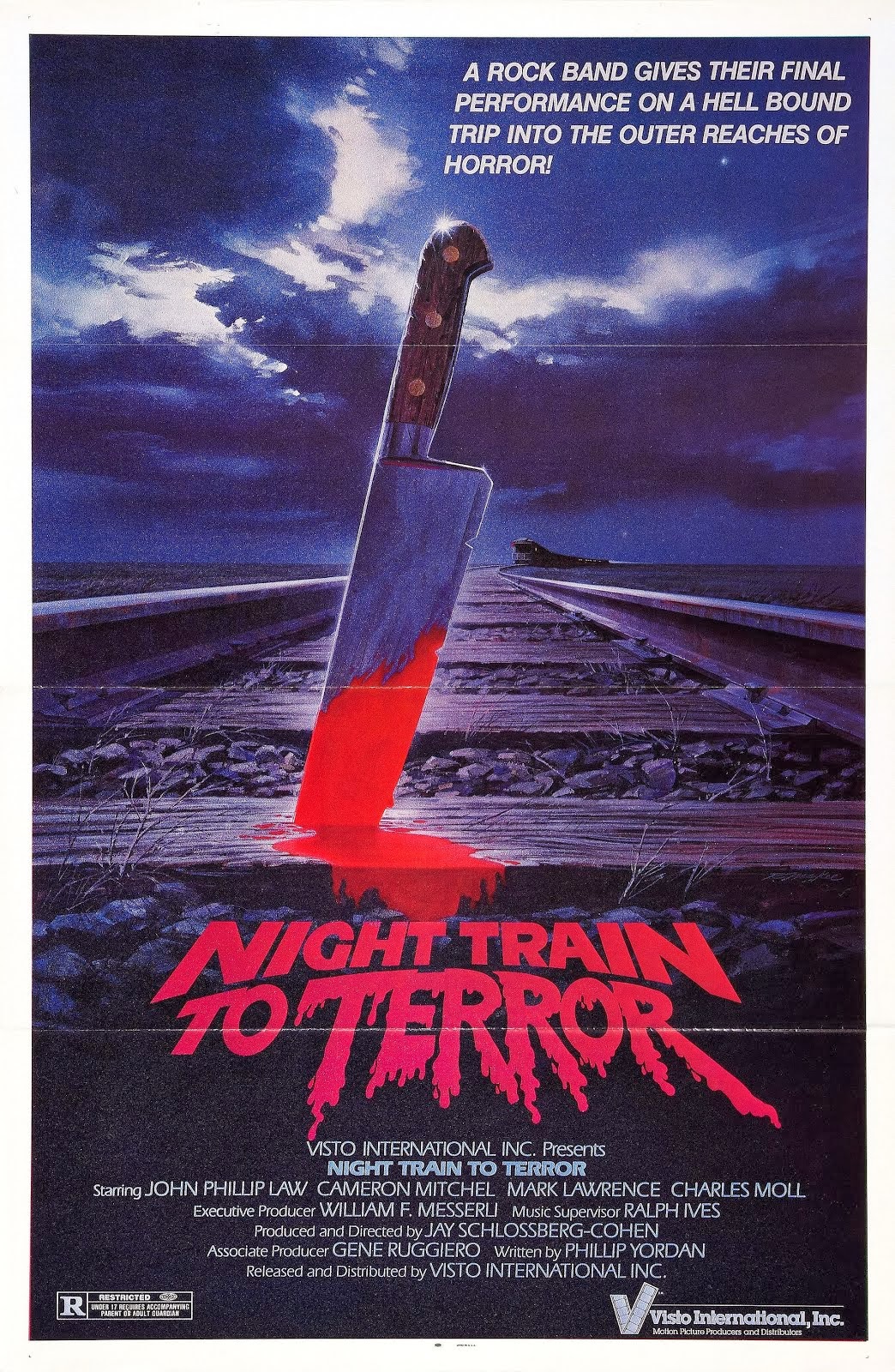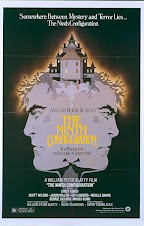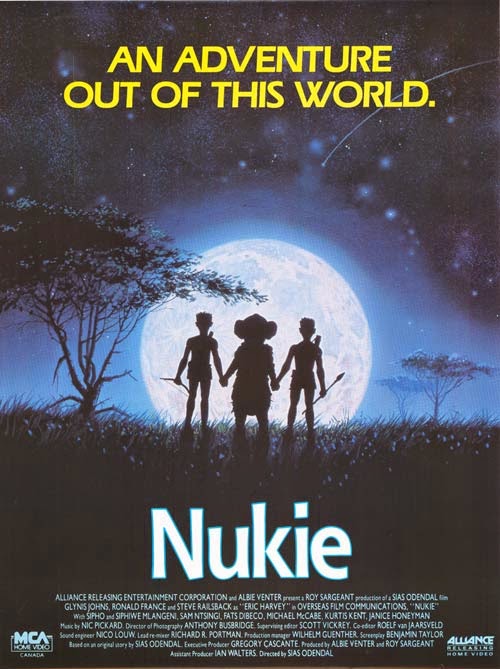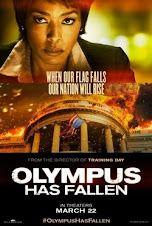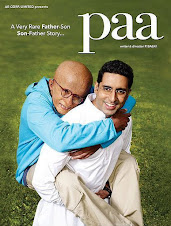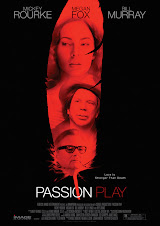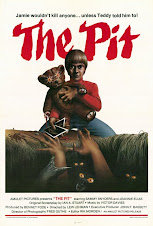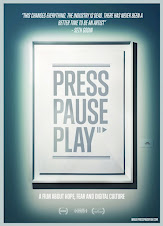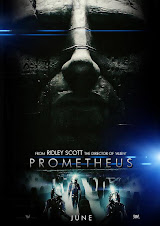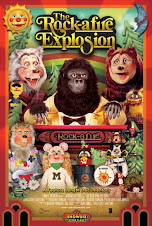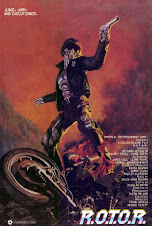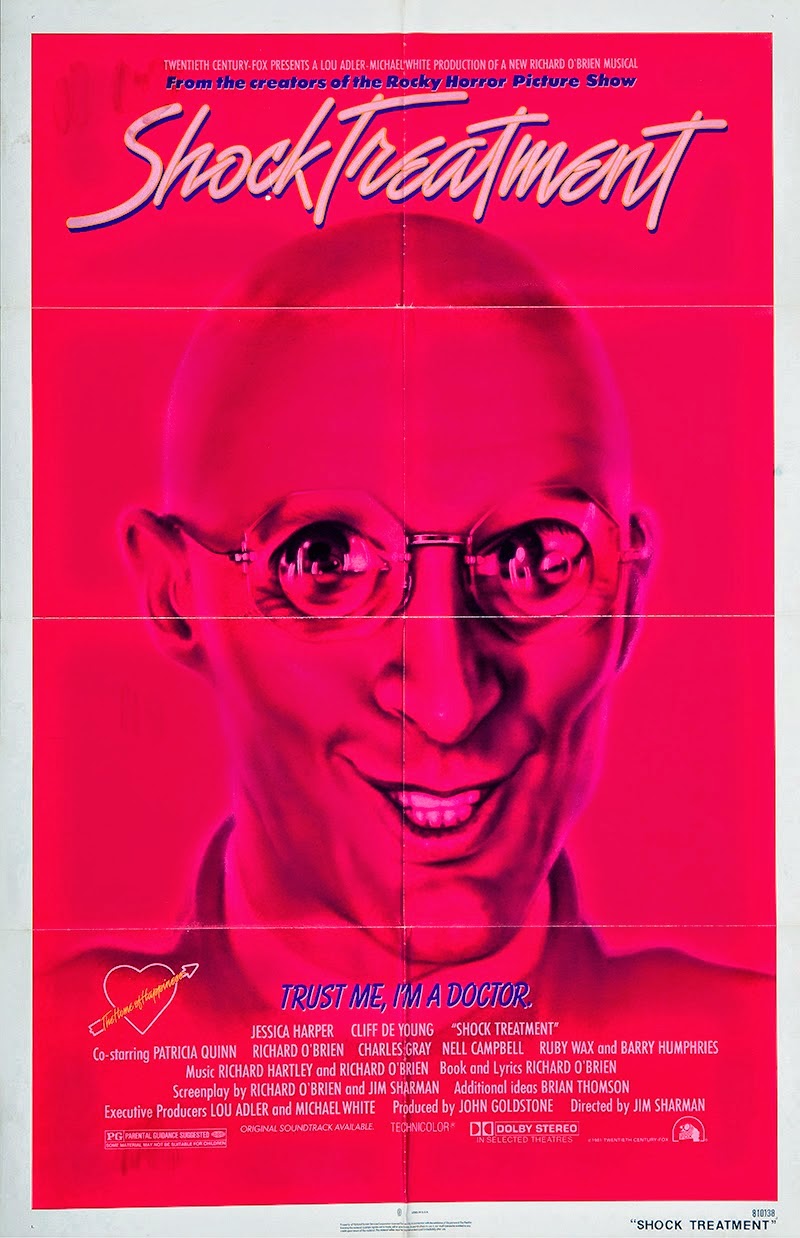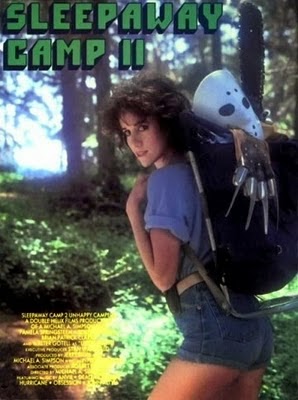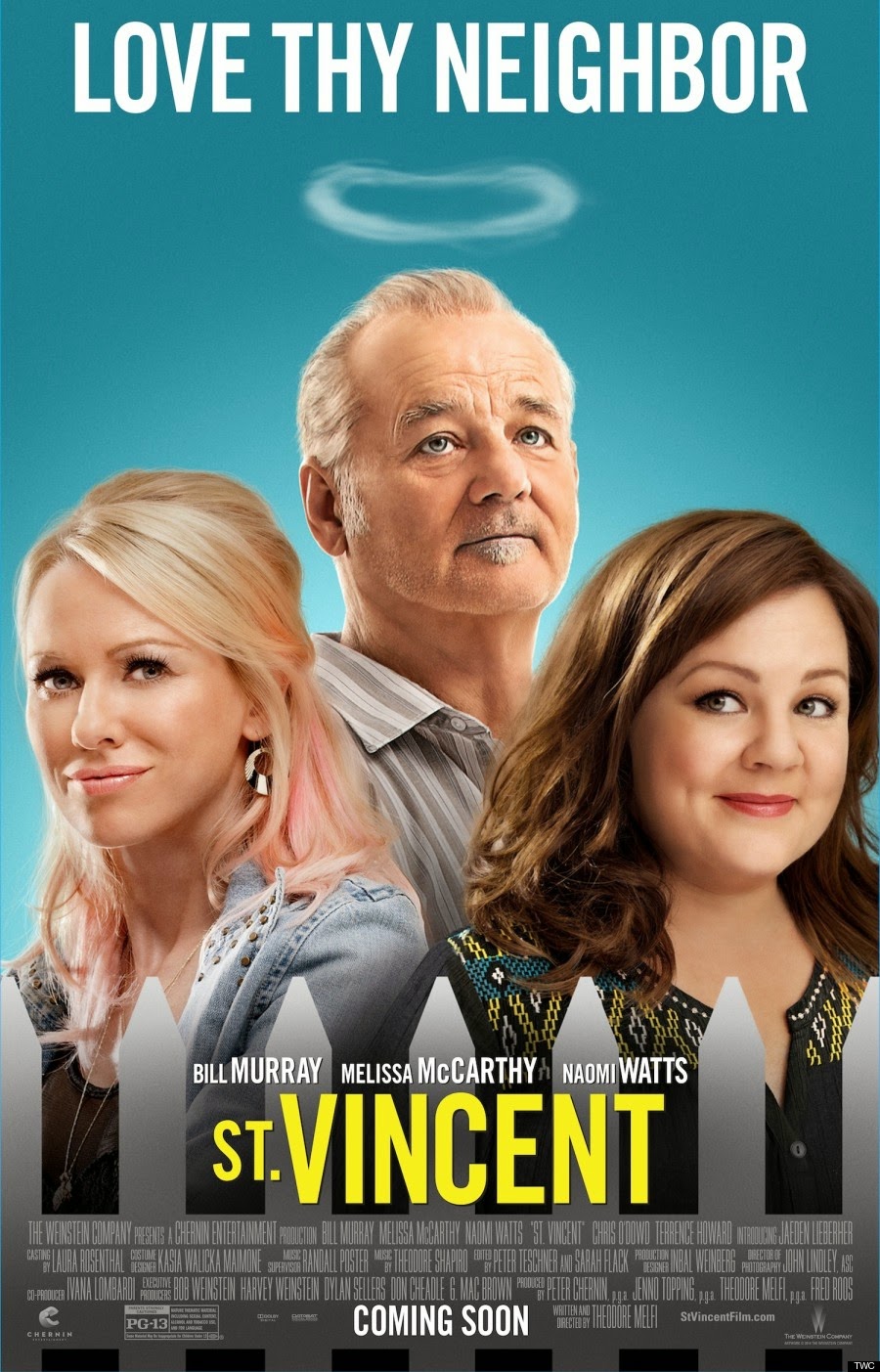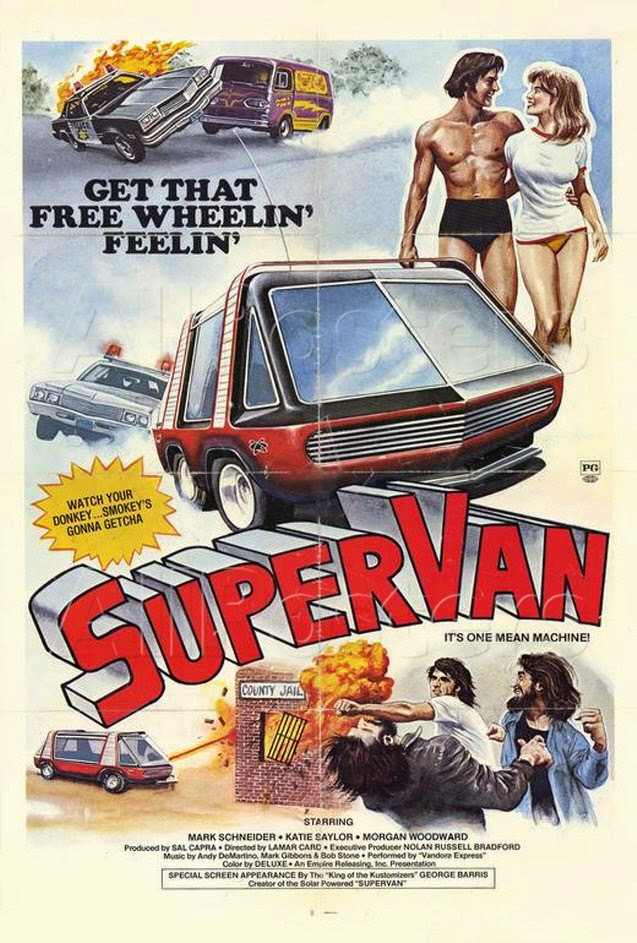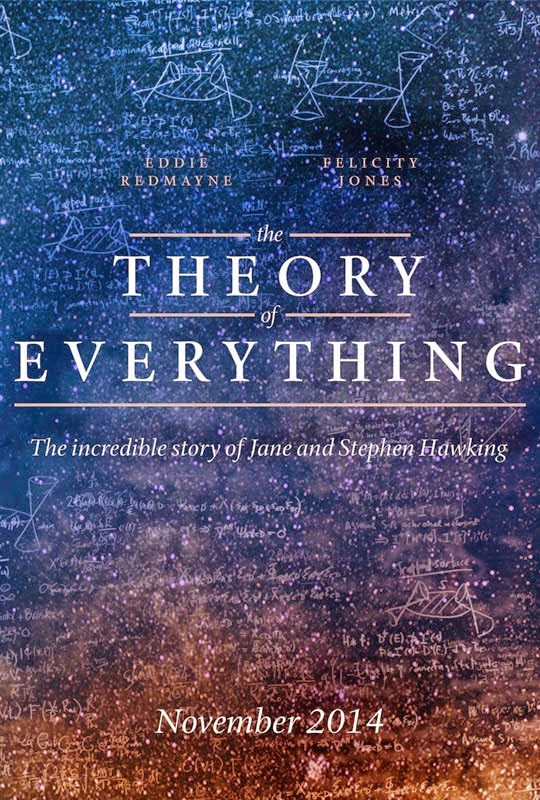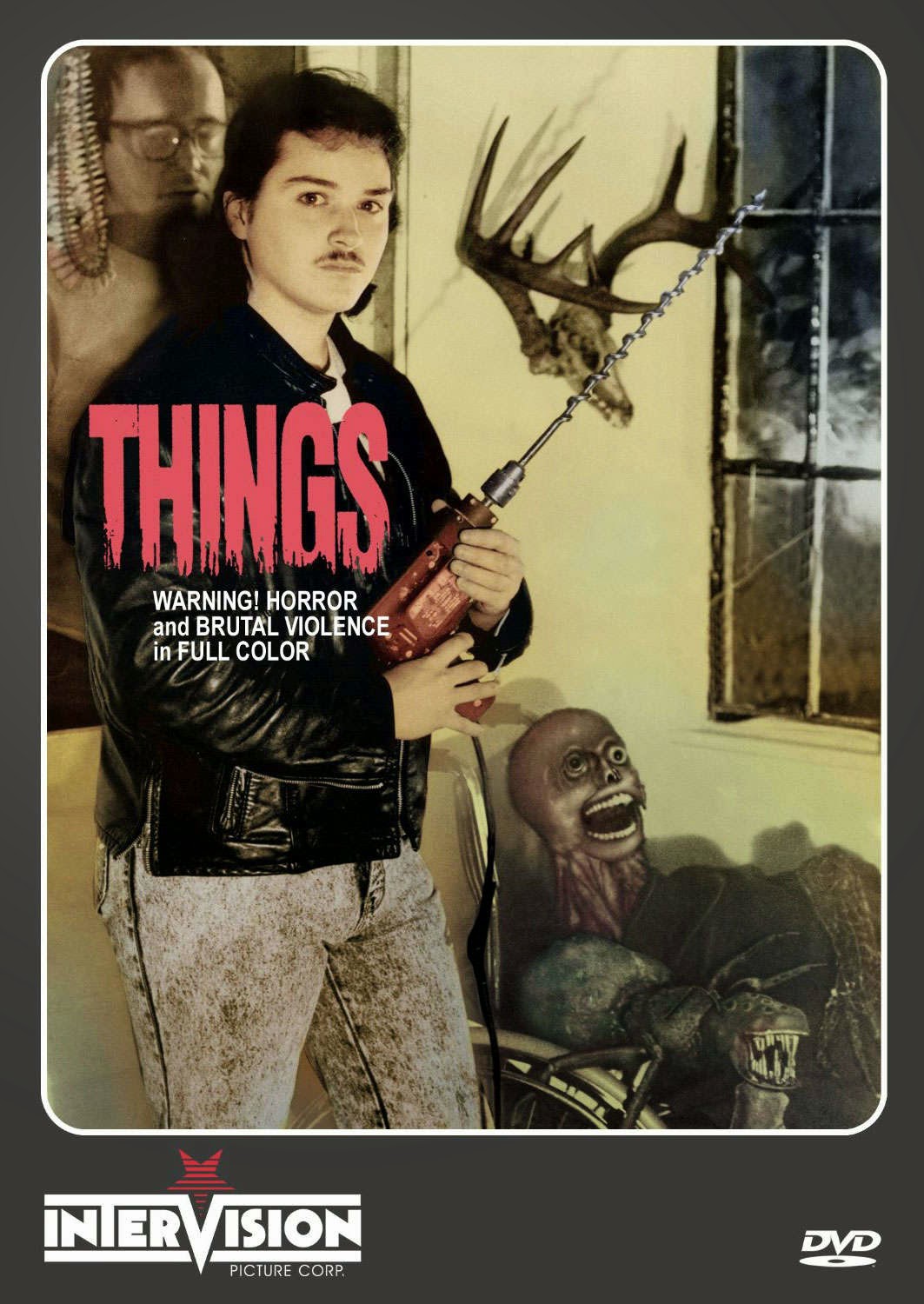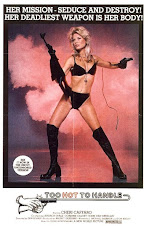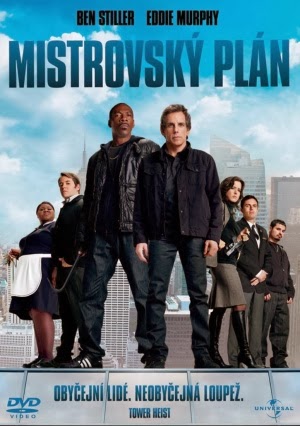Between 1981 and 1983, four horror movie parody films were released: “Student Bodies,” “Wacko,” “Pandemonium,” and “Saturday the 14th.” I have now seen one of them. The film in question is Greydon Clark’s 1981 film, “Wacko.” Greydon Clark is known mostly for his low-budget horror and sci-fi films such as “Without Warning” (1980) and the fun killer cat movie, “Uninvited” (1988). He also gave us a film I really need to see sometime called “The Forbidden Dance,” (1990) which I hear is an awful movie classic. It’s about the lambada, so how bad can it really be, right? The “Mystery Science Theater 3000” version of his 1985 “Final Justice” is a classic MST episode, however, I have not seen the film without the services of the crew of the Satellite of Love.
“Dance Macabre” (1992) starring Robert Englund also sounds wonderfully bad so I will have to check out that one also.
Clark’s two science fiction films from 1980, “Without Warning” and “The Return” were underwhelming so I had low expectations as I began watching “Wacko.” His killer cat movie, “Uninvited” was ok given the subject matter, however, that one was underwhelming also. “Wacko” proves itself to be better than the three Greydon Clark films I have seen. Influenced by “Airplane,” Clark inserts many silly, goofy jokes into this film, many of them being sight gags and clever one-liners. The copyright year of the film is 1981, the same year “Student Bodies” was released, so I do not believe that Clark was influenced to make his film based on any trend of multiple horror parodies being released, as “Pandemonium” was not released until 1982 and “Saturday the 14th” was not released until 1983.
“Wacko” tells the tale of a killer who wears a giant pumpkin on his/her head. No spoilers here, hence the “his/her.” There is another killer in the mix as well called The Lawnmower Killer. The Lawnmower Killer struck 13 years prior to the action of the film. Detective Dick Harbinger, played by a more disheveled than ever Joe Don Baker, seeks out the Lawnmower Killer and has done so for 13 years. A young woman named Mary Graves, played by Julia Duffy, who would go on to play Stephanie on the tv series, “Newhart,” from 1983-1990, is in the center of the action, trying to avoid being a target of any kind of killer, whether it be one with a lawn mower or a pumpkin on it’s head. All the while, she is courting a young man named Norman Bates. Yes, that’s right.
Some of the jokes in “Wacko” are extremely labored and, as a result, fall mercilessly flat. Fortunately, the majority of the jokes in the film work, making “Wacko” a pleasant experience and not a labor that Hercules would have refused, asking if there was just another stable full of cows he could clean instead. Yes, I think that Hercules and even most of the cows would have enjoyed “Wacko.” Some of the gags are very clever, especially one involving a “door prize.” There are several sight gags to watch out for as well. Luckily, there is a minimum of thuds in the film, such as a brief appearance by Jeff Altman in a terribly written role as a high school principal. This is a terrible character which should have been excised from the film. Another groan-inducing scene involves what typically makes for a groan inducing experience and does not fail to do so in this case—a car chase, cars flying through the air, ala “The Dukes of Hazzard,” and banjo music playing on the soundtrack. None of this has ever been funny and never will be. I was wondering where the fat sheriff was so he could throw his hat on the ground for extra comedic impact. Thankfully for the viewer, this particular scene is pretty short, so it gets over with in short order.
It helps that “Wacko” is only 82 minutes. It is compact, it does not linger on any unnecessary or boring scenes that stall out the film. Like “Airplane,” it is a collection of jokes and sight gags that parody a given genre of films. Unlike “Airplane,” it is not a comedy classic. “Wacko” is, though, a pleasant and funny enough way to spend 82 minutes if, by chance, you ever find a copy of it as it was only ever released on vhs and laserdisc. No dvd release of the film exists. If, you should desire to learn any more about the film, and this should be one of your desires, check out the podcast entitled, “The Projection Booth” and look for the episode on which “Wacko” is covered. The episode includes a thorough 30 minute interview with director, Greydon Clark, in which he answers many questions about the making and distribution of the film. I enjoyed “Wacko.” I place the likelihood that I would ever watch it again at a solid 60 percent. That is a high compliment.
Tuesday, July 30, 2013
Make "Fruitvale Station" Your Next Stop
It is uncommon to see a film in which the script is written so perfectly that at the end of the film, you, perhaps as an aspiring writer, say to yourself, “This is the kind of script I want to write.” Such was the case with me after seeing writer and director Ryan Coogler’s feature debut, “Fruitvale Station.” What an amazing debut!! “Fruitvale Station” tells the story of Oscar Grant, a 22 year-old Oakland, California man who, after an evening out celebrating New Year’s Eve, 2009, is killed, perhaps accidentally, perhaps not, by a Bay Area Rapid Transit police officer after an incident on a BART train. The actual incident, as recorded on a bystander’s camera phone, is the first scene of the film. The audience understands the stakes and knows what is going to eventually happen to Oscar. At first, I found showing this footage to be in bad taste, however, as the film develops and you learn more about Oscar and his family, I found this decision to be a brilliant one by Coogler. Like last year’s “Amour” and “Argo,” “Fruitvale Station” makes me want to tell everyone I know how great this film is and encourage them to see it and encourage them to have a discussion with me about the film after they see it.
The wonderful script follows Oscar Grant (Michael E. Jordan) for one year before the incident on New Year’s Eve of 2009. Oscar is not perfect. In the first few minutes of the film, we learn that he has cheated on his girlfriend at least once, maybe more than that. He can’t hold a job at a grocery store because he has a punctuality problem. He sells dope on the side to make money. Conversely, we learn that he has more good attributes than bad. This is important to the script, because if he was an all-around scumbag, the audience, or at least I, would not have cared about him at all. It is important that the script does not portray Oscar as a saint or somebody that anyone should necessarily admire. His positive traits endear us to him as he has a strong relationship with his mother (Octavia Spencer) and grandmother (Marjorie Shears). He has an innate desire to help people. Despite his fidelity problem, he loves his girlfriend and his daughter, Tatiana, played very well in an understated way by Ariana Neal. The script could have shamelessly easily hammered home the fact that Oscar has a daughter and that he loves her, playing to the emotions of the audience, especially those members with children. In Coogler’s script, the fact that he has a daughter is simply just one of many facts we learn about him that make us feel badly for the inevitable. His having a daughter is not used, as sometimes is in films with inferior scripts, to divert our attention to the negative portions of Oscar’s character. In not doing this, Coogler proves himself to be a very intelligent screenwriter who does not take the easy way out.
As she did in “The Help,” Octavia Spencer proves herself to be one of the leading actresses in film today. I cannot wait for the next film in which she will appear. I hope that she continues to pursue dramatic roles such as in this film or dramatic roles with a bit of a comedic touch as she played in “The Help.” She is extremely talented. Also of note is the performance of Melonie Diaz as Oscar’s girlfriend, Sophia. She plays Sophia as a tough woman who is frustrated by Oscar’s immaturity, while at the same time, loves him despite his faults. Michael E. Jordan gives an excellent performance as Oscar. Oscar is portrayed by Jordan as a multi-layered man, not just some street thug that the media or the general population might simply shrug off as “just another hoodlum.” This is the true achievement of the film. As written and performed, Oscar Grant is a human being to whom all audience members can relate. He is not a saintly man by any means, but he is not a dangerous menace to society either. All of us are imperfect in some way, however, most of us want to do what is right.
The storytelling in “Fruitvale Station” is so deftly constructed that I couldn’t help but be interested and feel compassion for the characters in the film. The film is not about race or race relations, however, it is clear by what happens in the train station to Oscar that race and circumstance were factors in what happened. This is not the first film to depict an event such as this one, however, the way in which this film is constructed and written is flawless. I felt as if I was in this environment with these characters. Specific events depicted in the film, on purpose, of course, however, done without a feeling of being forced reinforce the fact that Oscar is not, at heart, a bad person. A scene at a gas station involving a dog is an especially brilliant piece of filmmaking that endears us to Oscar. “Fruitvale Station” does not cover the happiest subject matter, however, it will thrill true film-lovers, those who relish outstanding storytelling and strong performances. It has the rare ability to take the viewer through an emotional journey which leads to an unhappy event, though, in doing so makes the film lover in us excited by the fact that we have just witnessed brilliance in filmmaking.
Monday, July 15, 2013
"Sharknado" Did Not Blow Me Away
While reading this, please keep in mind that I have driven from Dallas to Austin, a five hour car trip, on two separate occasions to see “fun bad” movies. The first time was to see Al Adamson’s 1981 bad but fun masterpiece, “Carnival Magic.” The second time was to see the cheesy 1979 Scott Baio/Ron Palillo thrill ride, “Skatetown U.S.A.” I had never seen either film prior to these separate trips. I was glad I went to both screenings.
Had I turned on “Sharknado” and began watching it by myself, there is a zero percent chance I would have stuck with it after the first ten minutes, however, I would have driven five minutes to my friend’s house to tell him not to waste his time with it.
“Sharknado” doesn’t have any of those car driving up on the curb kind of awkward moments. It is not bad enough. It is not funny enough. The point here is that I willingly seek out bad movies, movies that are famous for being bad. I fully realize that the makers of “Sharknado” were attempting to make a tongue in cheek film. One simply can hear the title of the film and understand what he or she is in for. The thing is that when you plan on making a tongue-in-cheek film, it is always a good idea to add some humor and make the thing funny. Take a film like “Cabin in the Woods.” In this film, Joss Whedon successfully lampoons everything silly and stupid about slasher movies and any other kind of “dead teenager movie,” as Siskel and Ebert called these “Friday the 13th” clones of the 1980’s and the current resurgence of the “dead teenager movie.” DON’T READ THE BOOK OUT LOUD!! DON’T READ IT AT ALL! NOTHING GOOD EVER HAPPENS WHEN YOU READ THE BOOK OUT LOUD!! Whedon’s mocking of this genre is spot-on. “Sharknado” is a bad movie, but it fails at being bad. “The Room,” “Samurai Cop,” “Birdemic,” and “R.O.T.O.R.” are examples of movies that are successful at being bad. These four films did not set out to be bad, they were just so awkward that their awkwardness make them entertaining. You could use the saying, “it’s like watching a train wreck,” though I’d rather watch “The Room” than watch a train wreck. I would, however, prefer watching a train wreck over watching “Sharknado” again. “Sharknado” is one of the first films I have watched during which I honestly could not care less what was going on during the thing. It is full of inconsistencies. Whether or not these inconsistencies are intentional or not is up for debate. If the filmmakers were intentionally mismatching the sky in various shots, intentionally adding horrible lines of dialogue, creating horrible CGI sharks and tornados, this would imply that they had written a clever and funny script, which is not the case. While watching this film, I felt as though the makers of it didn’t give two shits about the audience. It felt as if they thought the audience was stupid and that a half-ass effort would be good enough. I am retaliating by intentionally writing a half-ass review for it. I did have fun watching “Sharknado” with two groups of friends, however, the fun was had due to the fact that my friends were with me, not so much “Sharknado.” I am glad I saw it as it satisfied my curiosity and I was looking forward to watching it due to all of the social media hype surrounding it. By no means did “Sharknado” blow me out of the water, but it certainly did blow.
Subscribe to:
Posts (Atom)




